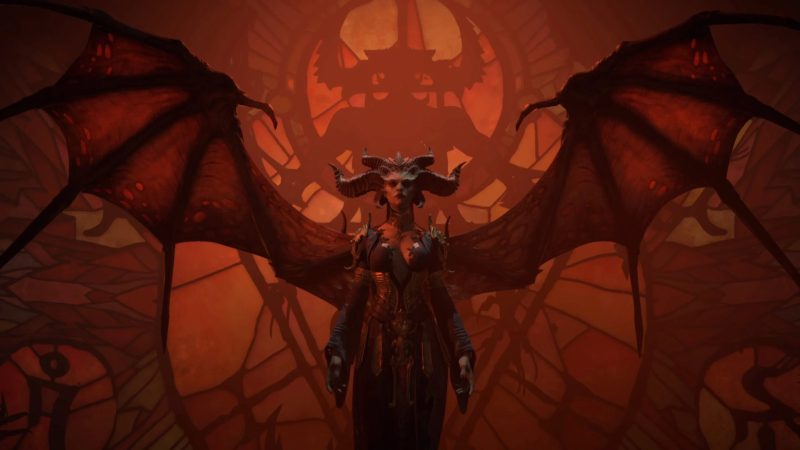You can criticize the Federal Trade Commission all you want, but you have to give it props for keeping corporations such as Microsoft in check. Unfortunately, the way that it's protecting the taxpayers from private companies who could potentially abuse their monopolistic privileges is borderline laughable. A case in point is its attempt to halt Microsoft's $69 billion acquisition of Activision Blizzard.
The FTC just fumbled the ball, laid an egg, and was caught slack-jawed when its rushed appeal was just unceremoniously dismissed by the same judge that gave Microsoft the green light.
Microsoft maintained an impregnable stance, insisting that the FTC's appeal failed to highlight a single legal error or any significant ground that could overturn the court's decision. The judge, unsurprisingly, echoed Microsoft's sentiment. While the FTC fights this losing battle in the US, the Competition and Markets Authority (CMA) in the UK is now believed to have entered negotiations with Microsoft, considering a potential reassessment of the case.
Yet, in the grand scheme of things, the CMA is unlikely to halt the acquisition. Similarly, the FTC's chances of overturning a decision this monumental is close to zero, especially after their successive failures in court. This defeat has thrown FTC chair Lina Khan, the erstwhile rising star, under harsh scrutiny. The Microsoft Activision blunder likely marks the most significant failure of her tenure.

